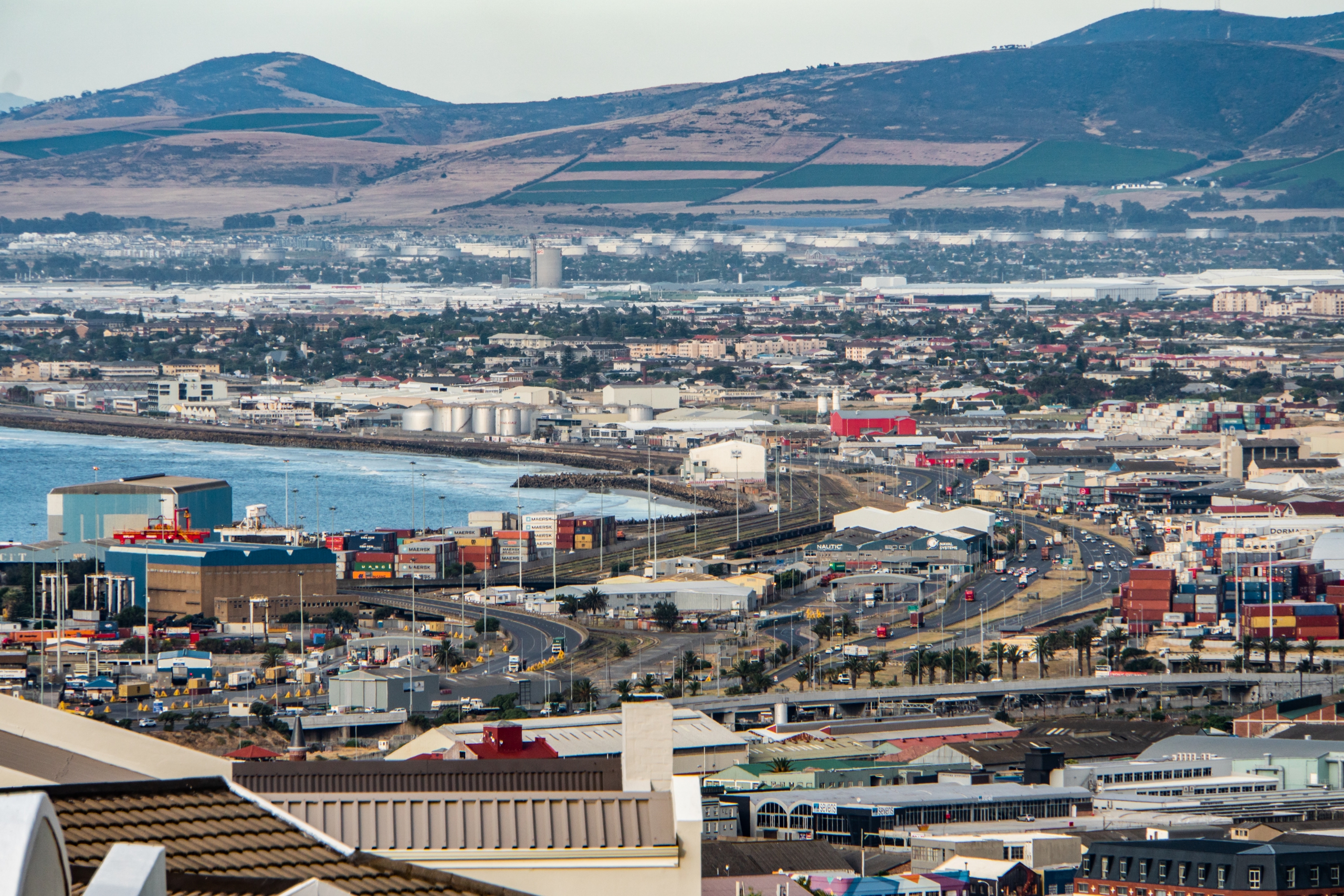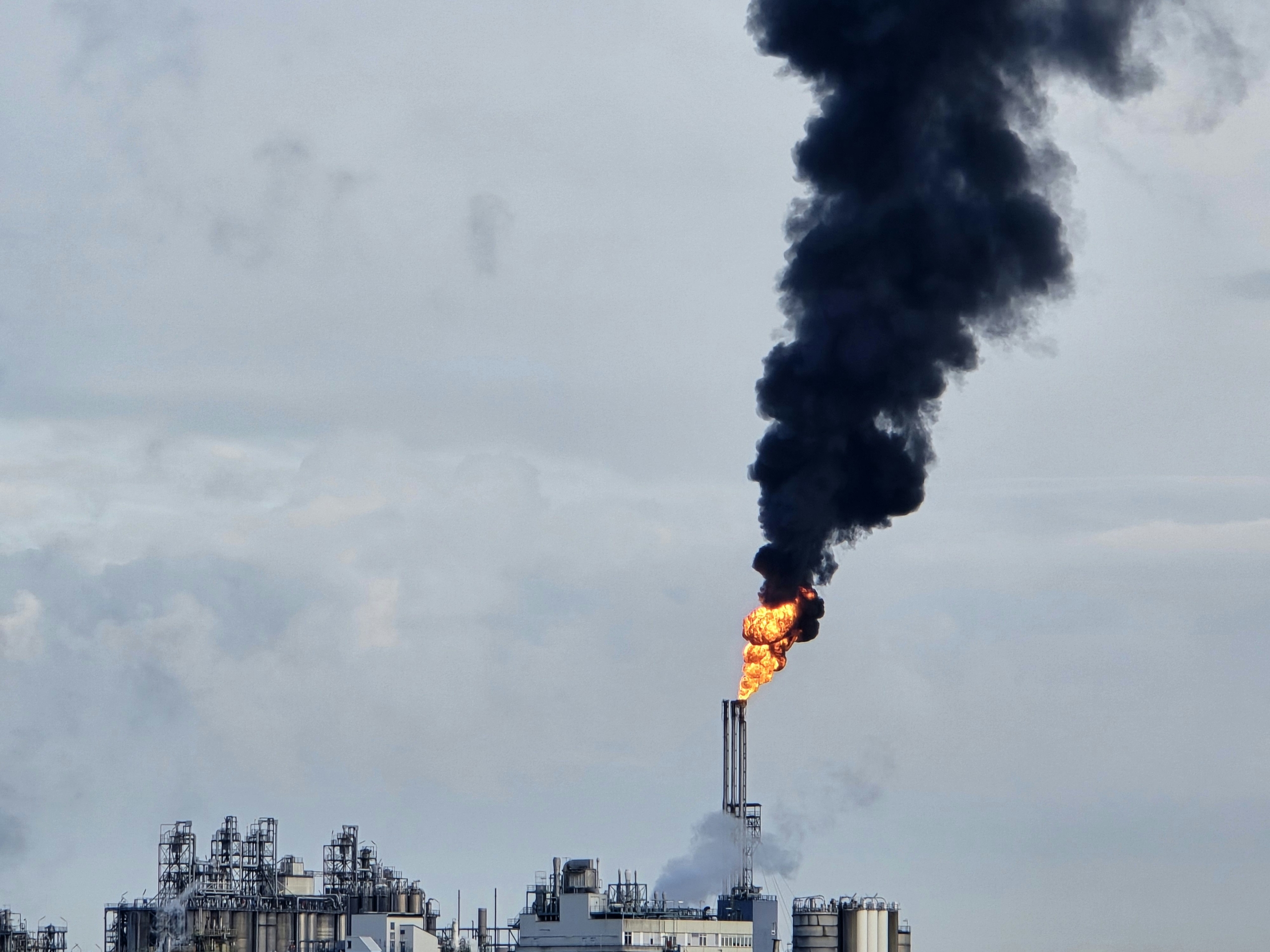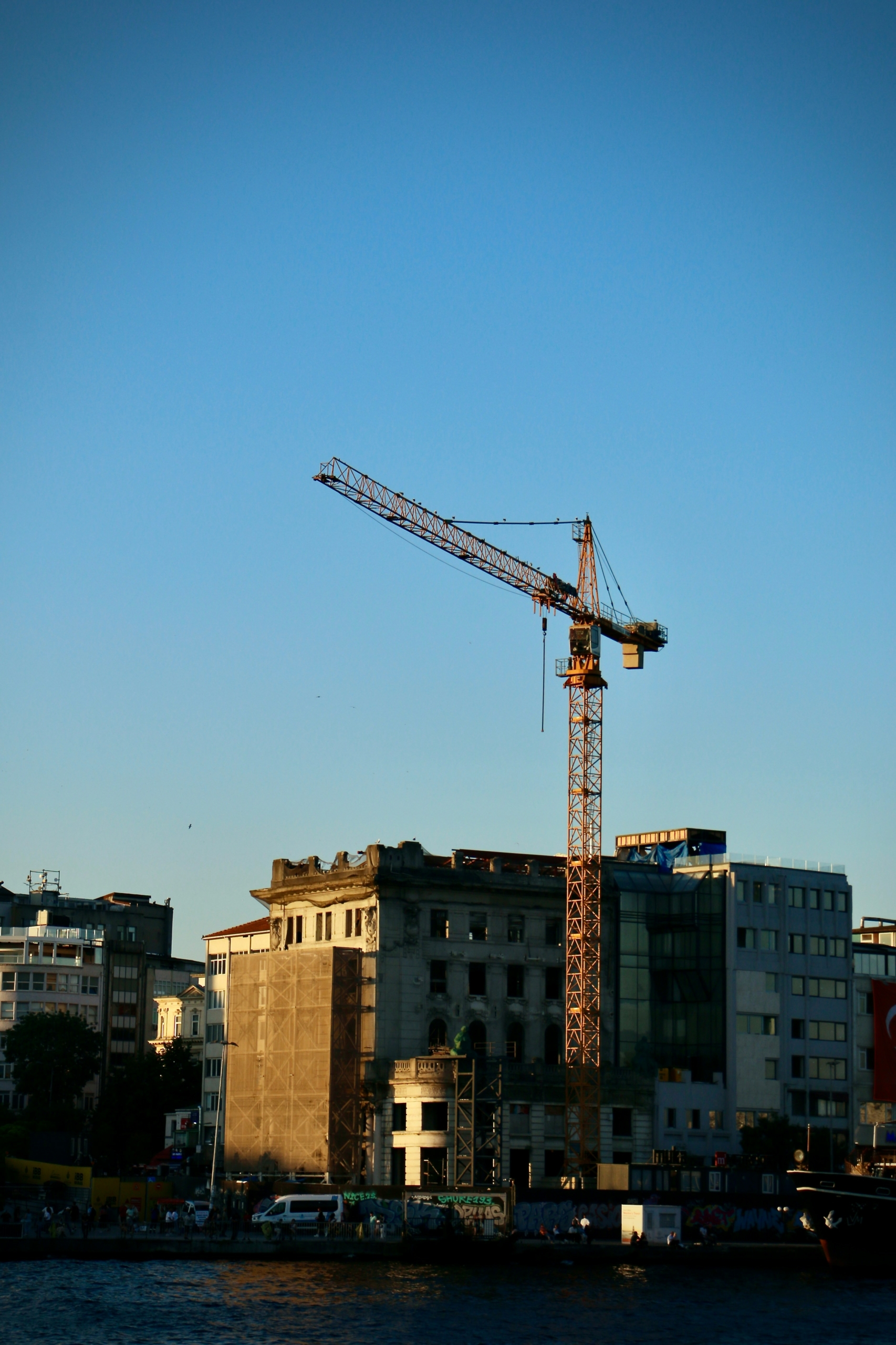We are excited to announce that Brink is now part of Africa Practice. Learn more
Gigaba’s tough budget ends Ramaphosa’s honeymoon

Last week South Africa welcomed its new President, Cyril Ramaphosa, whose first State of the Nation Address (SONA) inspired hope for many South Africans, who reminisced about the Mandela days in reaction to Ramaphosa’s speech. Ramaphosa’s election signalled ‘a new dawn’ for a battered and bruised nation, that has finally seen off Jacob Zuma after a decade of failed attempts at getting rid of him.
Ramaphosa is viewed as a step above his predecessor, having a history with the trade unions, as a founder of the National Union of Mineworkers (NUM), as well as being a key crafter of our constitution. South Africans have high hopes that he will be a constitutionalist in his style of governance, and that his history and prominence with business circles indicate a person with an appreciation of the investor and business point of view regarding the economy. Since his SONA speech, Ramaphosa has had a honeymoon period with media, business and wider society optimistic about his upcoming reign. On Wednesday the 21st of February, the Budget Speech delivered by Malusi Gigaba may have officially ended the honeymoon period for Ramaphosa, as the details of the speech indicated a much more difficult reality.
Indeed, the budget speech carried key messages from Ramaphosa’s SONA, including mentions on free higher education, the National Health Insurance Scheme, dealing with debt and tightening the national purse. Ramaphosa’s fingerprints were all over the budget speech as Gigaba tried to carry the message of renewal and hope. The reception to the budget from the markets was positive as the rand strengthened 0,8% to R11.63. Gigaba also announced reductions in expenditure amounting to around R85 billion over the next three years and that the state would be looking at selling assets to fund State-Owned Enterprises(SOEs), which will be good for debt management. Moves to manage debt better and fixing the SOEs will please rating agencies and avoid a downgrade from Moody’s – the only agency among the top three that has kept South Africa at investment grade. The reality of having Ramaphosa as the head of state was critical in giving confidence to this budget and its future implementation.
The part of the budget that will be difficult to swallow for South Africans is the increase in VAT, up one percent to 15% from 14% – the first hike in 25 years. This will bring in R22.9 billion out of the R36 billion additional revenue. Other hikes include an increased fuel levy by 52 cents; higher excise duties on tobacco products which rose by 8,5% and on alcohol by between 6% and 10%. A sugar tax announced in 2017 will be implemented from April 1st this year. These increases will go some way in plugging the R50 billion tax shortfall expected for this year.
Minister Gigaba aimed to cushion the blow of a VAT increase on the poorest, by introducing above-inflation increases for social grants. There are also up to seven items in foods which are zero-rated for VAT, including milk, bread and rice. However, the poor will still likely feel the overall impact of a fuel levy which will affect supply chains across the economy. South Africa’s poor also spend 20% of their income on transport. According to StatsSA, transport is considered affordable when average spend is 10% of income.
The biggest spending item in the budget is towards social spending, specifically in the education and health sectors, with education taking the bulk of the budget. Out of the R1,67 trillion in the consolidated budget, R1,01 trillion is going to social services. The higher education sector received the greatest increase from last year, which will go to free higher education – a proposal made by President Jacob Zuma just before the ANC elective conference in 2017. Zuma’s proposal was against the recommendations of a commission he had set up to investigate funding for free education, as the commission found it was unaffordable at the moment. Gigaba has admitted that the announcement blindsided treasury, but it appears Ramaphosa felt it was politically inopportune to reverse or hold-off on this promise and so Gigaba stated free higher-education would be incrementally introduced in compromise to Zuma’s populist promise.
There have been mixed reactions to the 2018 Budget Speech. Whilst business and some economists remain optimistic and have applauded the budget, unions and civil society have been very critical, particularly over the VAT increase. A key source of anger towards the VAT increase is the feeling that South Africans are being made to pay for the mistakes of the ANC led government over the past decade, which has overspent in supporting failing SOEs, and keeping on a bloated cabinet of over 70 Ministers and Deputy Ministers – many of whom travel around with entourages of bodyguards and German car convoys. There is also a feeling that the state has misgoverned tax revenues through corruption and financial mismanagement.
The higher cost of living that will impact not only the middle class, but many of the poor as well, may make the road much tougher for Cyril Ramaphosa in his attempt to gain the confidence of South Africans. Should he fail in implementing critical changes in state, such as reigning in spending and dealing effectively with corruption, Ramaphosa will open up a window for opposition parties like the DA and EFF, and overall threaten the ANC’s 2019 chances of success at the polls.
It is still a long year ahead and much could happen to change the political and economic landscape. Economic growth is expected to be better than last year, at 1% up from 0.7%, but this is still sluggish and not enough to absorb jobs and alleviate poverty. South Africa is not that far off from the place it was under Zuma, and it seems an almost impossible task to undo the damage of the past decade.
Sinethemba Zonke is a Southern Africa Analyst in the Intelligence and Analysis team, advising clients on political and policy dynamics in the region. Sinethemba is a regular commentator in the international media on South African politics.
Proud to be BCorp. We are part of the global movement for an inclusive, equitable, and regenerative economic system. Learn more


